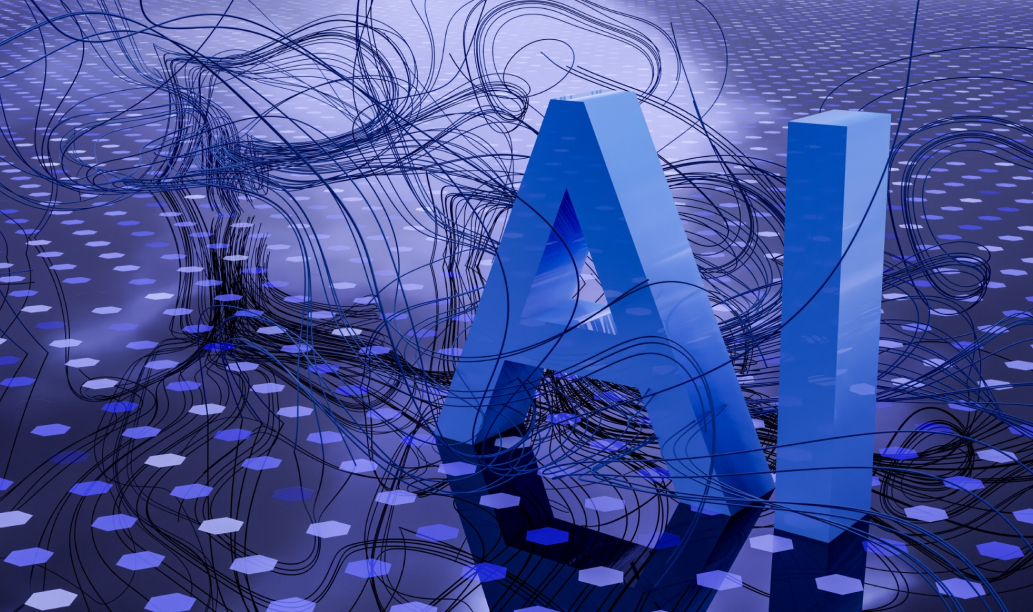Ethics in AI: Ensuring Responsible Development and Deployment

Artificial intelligence (AI) is no longer a futuristic dream—it’s a cornerstone of our daily lives, shaping everything from how we shop to how we connect. But with great power comes great responsibility. As AI systems grow smarter and more integrated into human-computer interactions, the ethical stakes skyrocket. How do we ensure these technologies are developed and deployed responsibly? This question isn’t just for tech wizards—it’s for all of us. Let’s dive into the ethics of AI, exploring why it matters, the challenges we face, and the principles that can guide us toward a future where AI serves humanity fairly and wisely.
Why Ethics in AI Matters
AI isn’t neutral—it’s built by humans, with all our brilliance and biases baked in. From chatbots to self-driving cars, these systems make decisions that affect lives, often faster than we can blink. Without ethical guardrails, AI could amplify inequality, erode privacy, or even cause harm unintentionally. Think of it like handing a toddler a loaded paintbrush—without guidance, the masterpiece could turn into a mess. Education around AI ethics empowers us to ask: Who’s accountable? Whose voices are heard? And how do we balance innovation with integrity?
The Big Ethical Challenges
- Bias and Fairness
AI learns from data, and if that data reflects human prejudice—say, skewed hiring records or unequal healthcare stats—the system mirrors those flaws. A famous case? An AI recruiting tool once favored men over women because it was trained on male-dominated resumes. Ethical AI demands we scrub bias from the equation, ensuring fair outcomes for all. - Transparency
Ever wonder how an AI decides what ad you see or why it denied your loan? Many systems are “black boxes,” their inner workings a mystery even to their creators. This opacity clashes with human-computer interaction, where trust hinges on understanding. Ethical development means peeling back the curtain—making AI explainable to users. - Privacy
AI thrives on data—your data. From voice assistants listening in to algorithms tracking your every click, the line between convenience and intrusion blurs fast. Responsible deployment means safeguarding personal info, not just because it’s the law, but because it’s the right thing to do. - Accountability
If an AI-powered car crashes, who’s to blame—the coder, the company, or the machine itself? As AI takes on more autonomy, pinning down responsibility gets tricky. Ethics in AI calls for clear lines of accountability, so mistakes aren’t shrugged off as “tech gone wild.”
Principles for Responsible AI
So, how do we get it right? Here are some guiding lights:
- Human-Centric Design: AI should enhance, not replace, human agency. Think of it as a partner in human-computer interaction, amplifying our strengths while respecting our limits.
- Inclusivity: Diverse teams building AI can spot biases others miss. A wider lens means fairer systems.
- Transparency: If AI makes a call, it should show its work—like a math teacher grading your test.
- Safety First: Test, retest, and prioritize harm prevention. An AI that’s rushed out the door is a risk no one needs.
Real-World Lessons
Consider healthcare AI diagnosing diseases. A system trained only on data from one demographic might misdiagnose others—ethics demands broader datasets and rigorous checks. Or take social media algorithms: when they prioritize outrage over truth, they warp discourse. Responsible deployment means tweaking them to inform, not inflame. These aren’t hypotheticals—they’re today’s headlines, urging us to act.
Educating the Next Wave
Ethics in AI isn’t just for coders—it’s a conversation for students, professionals, and everyday users. By learning the stakes, we can demand better from the tools we rely on. Universities now offer AI ethics courses, and companies host workshops to spark dialogue. Knowledge is power—understanding artificial intelligence and its ethical pitfalls equips us to shape its future, not just live in it.
Let’s Keep the Conversation Going
AI’s potential is limitless, but so is its impact—for good or ill. Responsible development and deployment aren’t buzzwords; they’re a roadmap to an AI-powered world that’s equitable, transparent, and safe. Next time you chat with a bot or marvel at a recommendation, ask: Who built this? How? And for whom? The answers matter more than ever.
What do you think—how can we make AI work for everyone? Let’s explore this together, because the ethics of AI isn’t just a tech issue—it’s a human one.
Discover the Latest Insights
Stay informed with our informative blog posts








